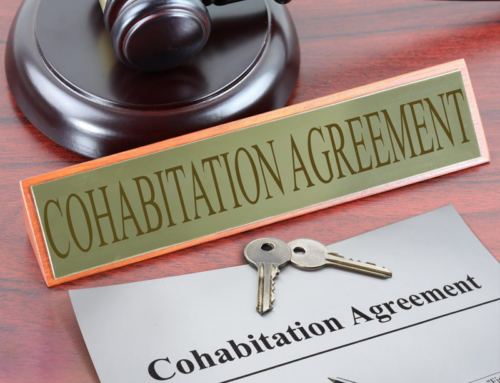Johnson Legal Family Law is perfectly placed to advise you on the legal rights of cohabitation – and the fact that you may not be as protected as you would be if you were married. There are also significant financial considerations which you should be aware of.
Most people know about Capital Gains Tax as a tax on the profit when you sell something that’s increased in value. It’s the gain you make that’s taxed, not the amount of money you receive. What you might not know however is that once again you can lose out if you are a cohabitant rather than a spouse or civil partner…
When a spouse or civil partner passes their home to another (or a share of the home) the transaction always takes place on a “no gain, no loss” basis. This means that there will not be a Capital Gains Tax liability on the transfer, even if the property has increased in value since it was purchased.
A cohabitating couple does not get this benefit because the transaction is deemed to take place as if it has been sold at the market value. This can generate an unexpected tax liability for the person trying to do something nice for their cohabiting partner.
Although Principal Private Residence (PPR) Relief can reduce any Capital Gains Tax due, you should be aware it might not be available in every scenario. PPR is a complicated relief that takes into consideration the WHOLE ownership period, not just the current position.
Capital Gains Tax is rarely a favourite topic of conversation but everyone should consider tax implications carefully. Even if there is no tax due on one particular transaction, it may affect the availability of reliefs in the future. This is true of all couples – spouses, civil partners and cohabitants.
Blog written by Edinburgh Tax Expert, James Edwards e: [email protected] or t: 0131 652 3720







